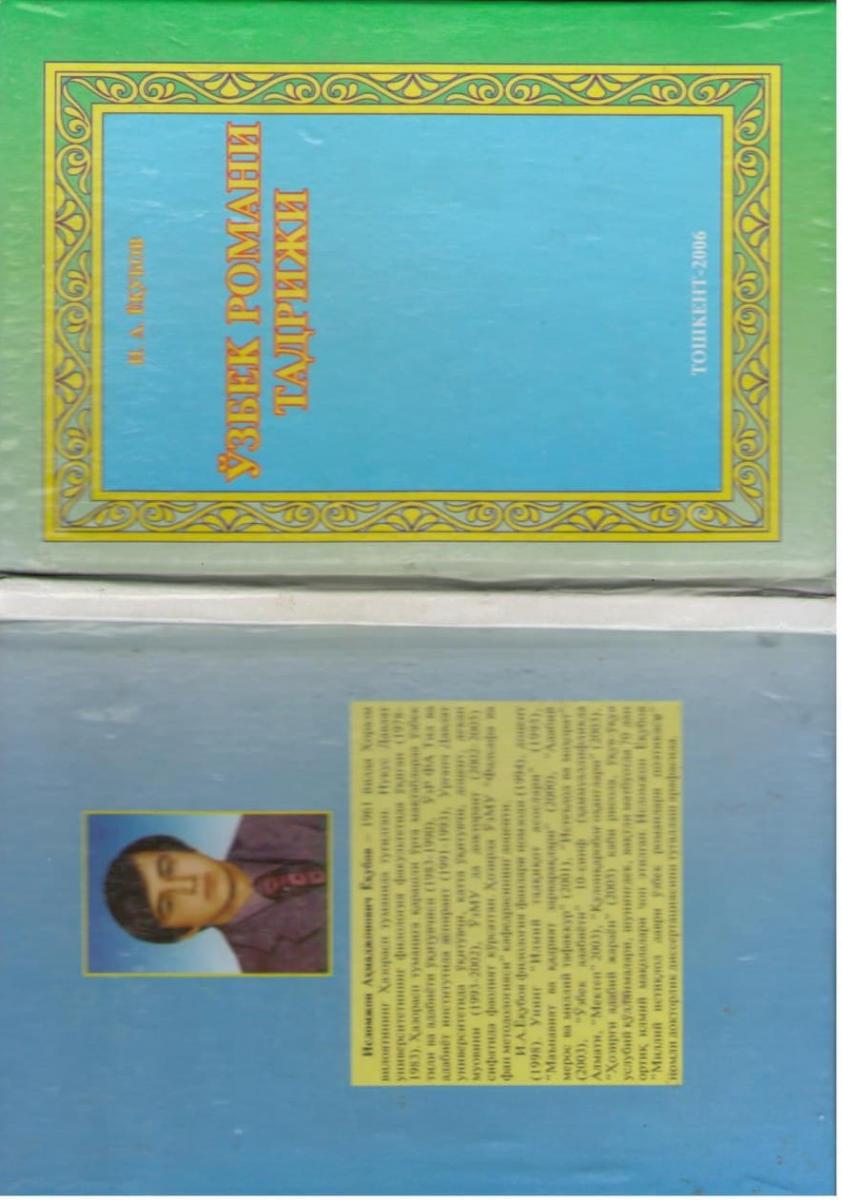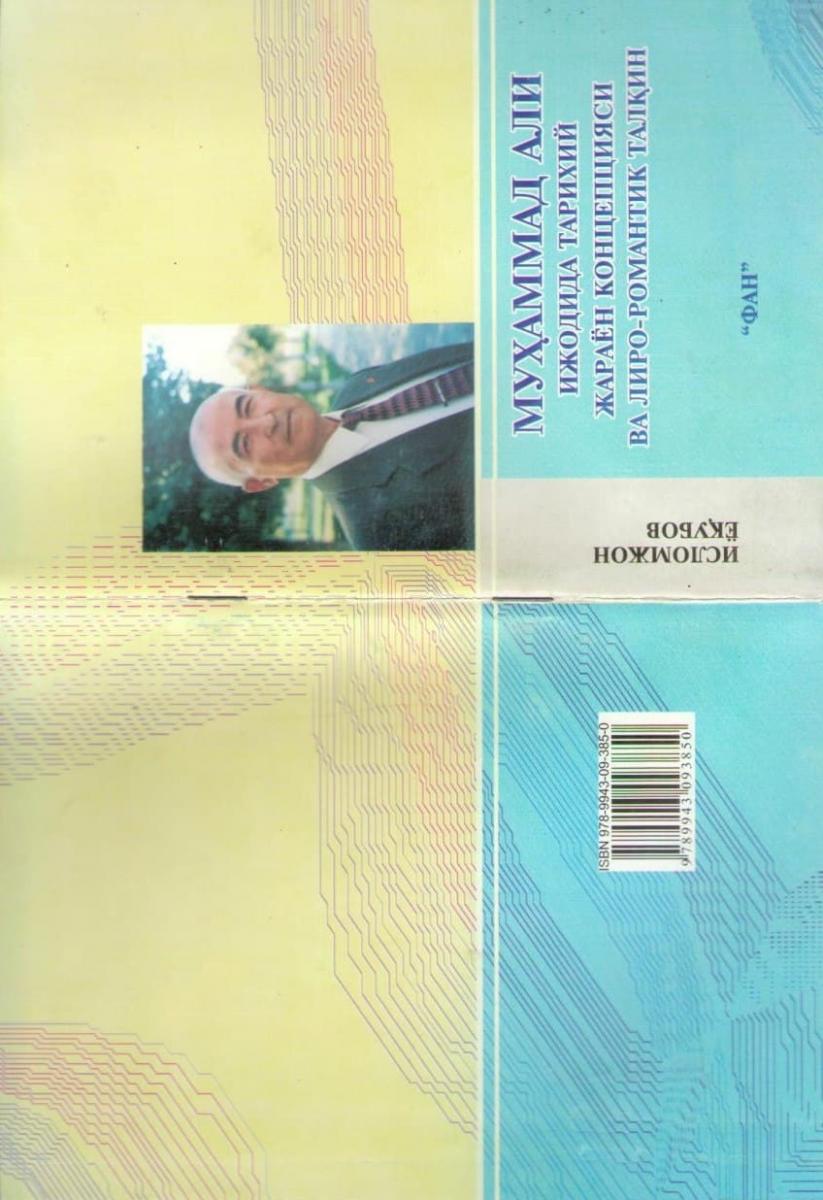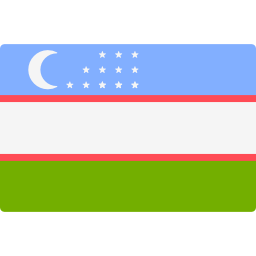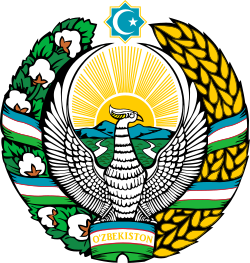Islomjon Yakubov
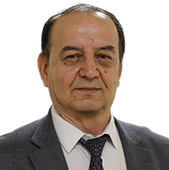 |
Islomjon Yakubov Contacts |
The emergence, formation, and improvement of Uzbek literature, particularly historical and contemporary national novelism, the key characteristics of its development, the diversity of genres and styles, plot and conflict, artistic speech poetics, national spirit expression, and the problems of poetic mastery are of significant importance when studied from the perspective of world literary criticism. It is essential to explore the systematic study of global literary theory issues, particularly the poetic innovations in Uzbek novels during the period of independence, and the factors that influenced their emergence, all within the context of current literary trends and world literature. This approach aims to clarify a holistic theoretical perspective and vision, as well as the life-aesthetic foundations, in light of the needs of a world increasingly unified in a singular psychological space.
Islamjon Yakubov’s research addresses such major problems in the field. His studies focus on the following:
- The development stages of national novels, comparing the pre-independence period novels with those of the independence era in terms of tradition, innovation, and poetic representation, identifying changes in the conceptualization of time and space.
- Notable achievements in creating images of saints and mystics through the use of traditional motifs, expanding the scope of national novels and poetic expressions.
- The modification of the novel genre, with the emergence of new forms due to changes in the modes of artistic expression, defining the structural-semantic properties of each form.
- The rise of hybrid works in national novelism, with increased attention to symbolic representations, which is a result of the harmonious integration of objective reality and emotional experience in the depiction of reality.
- The integration of diverse epic narrative methods observed in the works of leading world authors, reinterpreted and adapted to a national context, leading to the formation of new styles and techniques, and the unified representation of various perspectives around the semantic core and compositional center of individual novels.
- The emergence of new paradigms in the development of national novels, as readers increasingly require an understanding of the structural-semantic nature of works with compositions and forms previously unseen in earlier stages of genre development.
Islamjon Yakubov, Doctor of Philology, is a professor at the Department of World Literature and Comparative Literary Studies at Alisher Navoi Tashkent State University of Uzbek Language and Literature. His research encompasses the history and theory of the novel, contemporary literary processes, and literary connections, as well as issues in world literature. He has published over 300 articles, six monographs, eight research papers, and educational-methodical works in the field of literary studies.
His notable monographs include:
- *"The Evolution of the Uzbek Novel"* (2006),
- *"The Concept of Historical Process and Lyro-Romantic Interpretation in the Works of Muhammad Ali"* (2007),
- *"The Artistic-Aesthetic Magic of Words"* (2011),
- *"Uzbek Prose in the Period of National Awakening"* (2011),
- *"Artistic Text and Aesthetic Interpretation"* (2013),
- *"The Poetics of Uzbek Novels in the Independence Era"* (2021).
Yakubov is an active contributor to several prestigious journals, serving as:
- Editor-in-Chief of *Center for Advanced Studies*;
- Member of the Editorial Board of *"Uzbekistan: Language and Culture"*;
- Editorial Board Member of *"Philological Research: Language, Literature, Education"*;
- Editorial Board Member of *International Journal of Social Science and Human Research*.
He is an active participant in the development of scientific research in Uzbekistan, contributing to various academic councils, including the specialized academic councils at Alisher Navoi Tashkent State University, the Institute of Uzbek Language, Literature, and Folklore, and the Faculty of Philology at Ferghana State University. Additionally, Yakubov is a member of the commission on improving Uzbekistan’s national education programs.
His scientific articles have been published in the United States, Germany, England, Russia, Turkey, India, Azerbaijan, Kazakhstan, and other countries. He actively participates in media discussions on significant contemporary issues, particularly through Uzbekistan’s television and radio programs.
Under his guidance, four doctoral dissertations in philology have been successfully defended, and three other Doctor of Science (DSc) and five PhD dissertations are currently under his direct supervision. He also regularly delivers online lectures to students at L.N. Gumilyov Eurasian National University and M. Auezov South Kazakhstan University.
Yakubov has made a notable contribution to the upbringing of the younger generation, helping shape them into well-rounded individuals and worthy successors for the future. He is also a member of the Union of Writers of Uzbekistan and its Literary Criticism Creative Council.
• Poetic innovations in Uzbek novels
• Context of current literary trends
• Global literary theory issues
| THE PLACE OF TRADITIONAL MOTIVES AND SYMBOLS IN THE PLOT AND COMPOSITION OF NATIONAL NOVELS Journal of Critical Reviews | 2020 |
| LABORATORY WORKS OF GAFUR GULAM: POETIC IMAGE AND IMAGERY International jornal of Advanced Science and Technology | 2020 |
ARTISTIC INTERPRETATION OF THE DRAMA OF MORAL AND SPIRITUAL PROBLEMS IN THE TRAGEDY “ROMEO AND JULIET” | 2023 |
TURKIC IDEOLOGY AND CONCEPTACLE ARTISTIC BASIS IN THE WORK OF NIZAMI GANJAVI AND ALISHER NAVOI | 2021 |
| TRANSFORMATION OFAESTHETIC VIEWS AND MODERN UZBEK NOVEL One of the traditional motives of Uzbek literature is adding dream motives into the plot and composition of realistic novels and in the novel “Ulug’ saltanat” by Muhammad Ali that motive and tradition possess an essential role in the plot and attract. | 2017 |
| IMITATION OF THOUGHTS-FEELINGS–ARTISTIC MEANS OF PSYCHOLOGISM The article deals with the specific principles and features of Uzbek prose of the independence period. Being one of the specific principles of Uzbek prose of the independence period, it comprehensively covers the specific expression of folklore motifs in an artistic context. In particular, this situation was interpreted on the example of the prose of the writer Isajon Sultan, and his story “Bogi Eram” was involved in artistic analysis. | 2020 |
| DYNAMICS OF CHARACTER The article studied the dynamics of the character of Botir communist, the main hero of Uzbek writer Toghay Murod’s novel of “One cannot die in this world”. His actions motives controlled by religious views are analyzed on the basis of artistic text. | 2016 |
| AESTHETIC IDEAL AND LEADING CONCEPT OF CHULPON IN THE STORY In this article, the story of the Uzbek Jadid writer Abdulhamid Chulpon “Doctor Muhammadyar” is examined from the point of view of the aesthetic ideal of the writer and the artistic expression of the national concept of education, the originality of the world of images. | 2024 |
| POETIC THOUGHT AND EXPRESSION POSSIBILITIES IN UZBEK NOVELS In this article poetic innovations on the novel writing during the years of national independence have been presented by dividing into periodicals of the development period of Uzbek novel writing. Objective and subjective basics of the development of genre, social-genetic roots and literary-aesthetic sources have been defined. | 2020 |
| SPIRITUAL FOUNDATIONS OF THE UZBEK NOVEL Star of the East.-T in Tashkent | 2011 |



